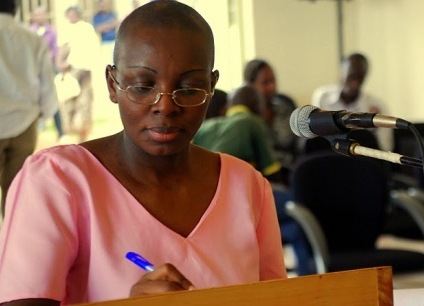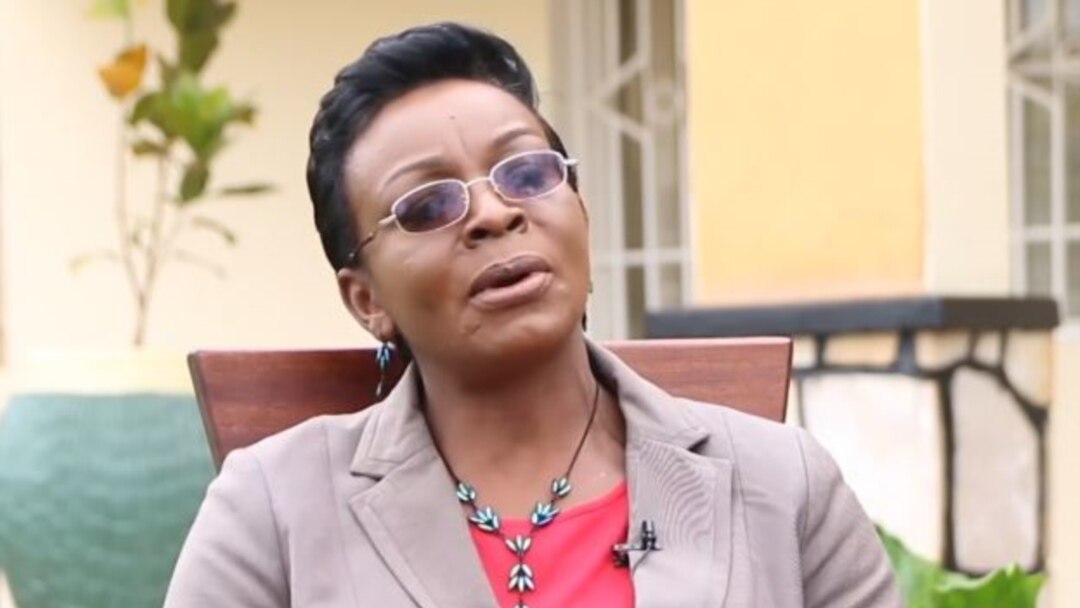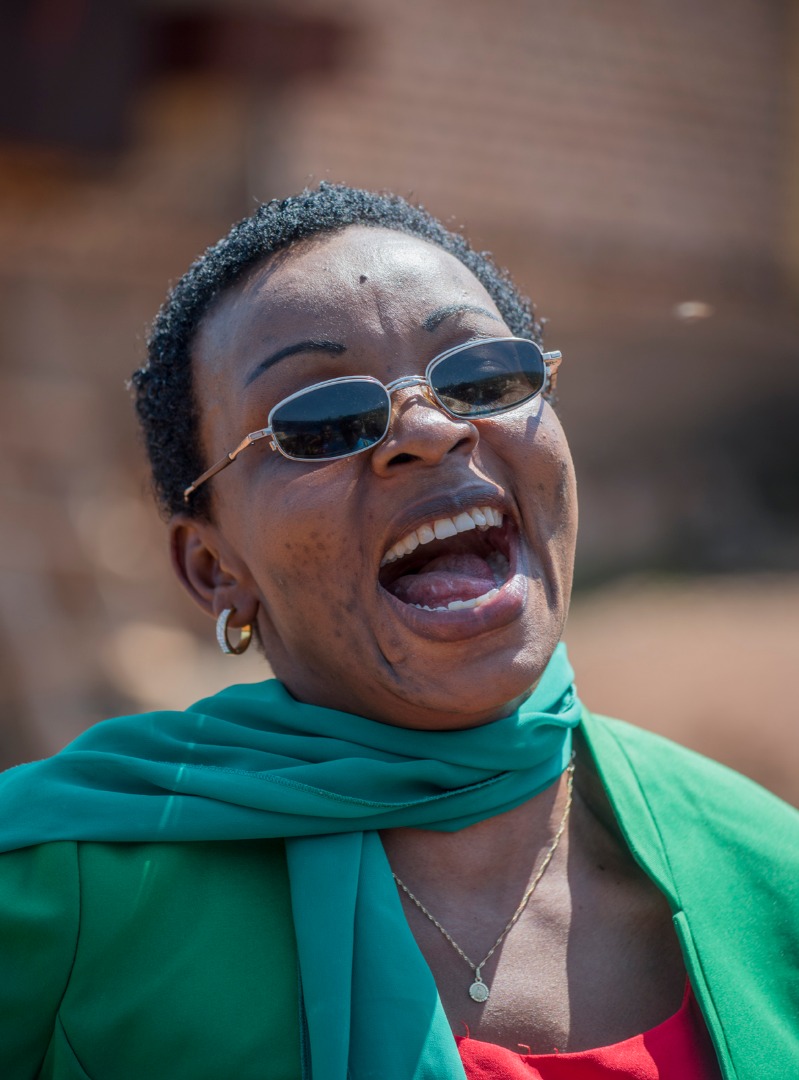Regional
Ingabire Victoire: A Rwandan opposition politician or criminal on parole?
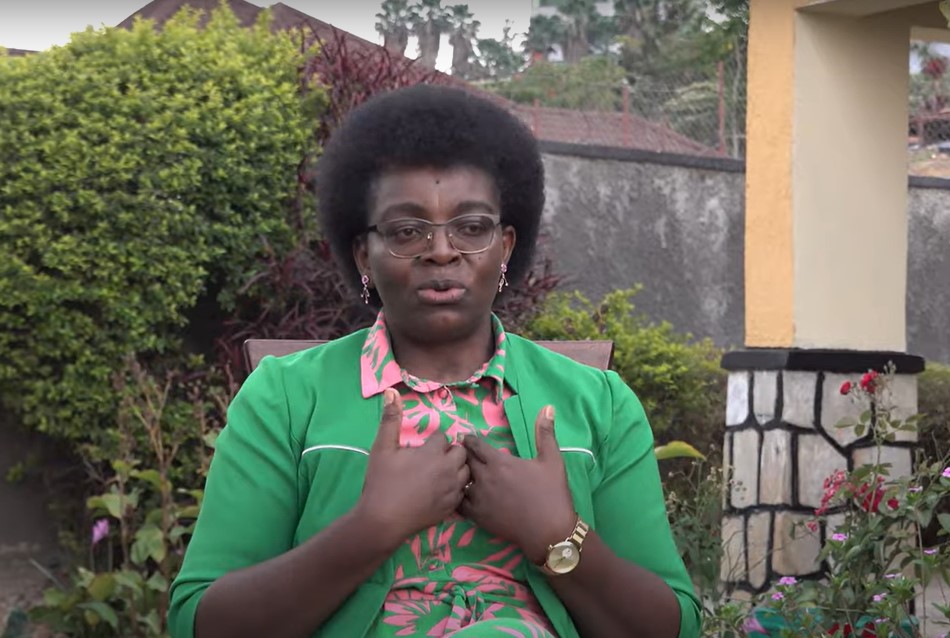
The
high court on March 13 denied the request by Ingabire Victoire to be
rehabilitated because her request did not comply with the law relating to the
presidential pardon.
Apart
from other conditions set for convicts on parole like presenting themselves
before authorities at set periods to assess whether they are truly reformed to
ask for rehabilitation, the law stipulates that rehabilitation happens five
years after completing a jail term.
In 2010, Ingabire was arrested
and sentenced to eight years in prison in 2012, which increased to 15 years
after appeal, for crimes related to conspiracy against the government of
Rwanda, trivializing the 1994 Genocide against the Tutsi, as well as
intentional spreading of rumors. Though she was granted
presidential pardon in 2018, her 15-year sentence will end in 2025. As such,
her earliest time to apply for rehabilitation will come in 2030.
Consideration
of the rehabilitation request depends on her general conduct as would be
determined by the court, after satisfying the condition that she has completely
abandoned the criminal activities for which she was convicted.
Before
the court denied Ingabire rehabilitation, prosecution informed the court that
she should not be granted rehabilitation because after her release, she engaged
in activities that were contrary to conditions of the Presidential pardon.
Among
others, Ingabire continued to be the leader of FDU-Inkingi and the
DALFA-Umurinzi, well knowing that both outfits are illegal organizations in the
country.
In
2019, FDU- Inkingi was linked to terror attacks in Kinigi, Musanze, in Northern
Province, that killed 14 people and injured 18 others. FDU-Inkingi was founded
by genocide suspects and ideologues. Although Ingabire does not fall in the
category of genocide suspects, her actions, have demonstrated that she harbors
genocide ideology and is a proponent of the double genocide theory.
Before
Ingabire applied to court for rehabilitation, she knew that it would be denied
since she did not meet the provisions of the presidential pardon.
However,
the timing of the request simply explains the motive. As Rwandans prepare for
presidential and parliamentary elections, in July, Ingabire wanted attention
and to send a message, especially to her Western allies, that, ‘here I am, I am
presidential material. I want to be a
presidential candidate but Kagame’s regime in Rwanda is stopping me from
exercising my rights.’
Indeed,
Western media picked the story like a hot cake. The BBC headline screamed,
“Victoire Ingabire: Rwandan opposition leader barred from election,” and
Aljazeera news went as far as calling her an opposition MP, a position she has
never held.
The
branding of Ingabire as “a fierce opposition politician and Kagame’s
challenger” is the making of voices from the global north and its media. But
according to the law of the land and to majority Rwandans, she is a person who
does not qualify to be a politician or a leader at any level because her
mindset is still inclined to ethnic divisions that led to the 1994 genocide
against the Tutsi in Rwanda.
There
is irrefutable evidence that Ingabire has a history of working with individuals
and armed terror groups bent on destabilizing Rwanda. In December 2010, the
Dutch Police searched her house in the village of Zevenhuizen, close to
Rotterdam in the Netherlands where she lived before returning to Rwanda.
Among
the documents and emails found on her personal computer was proof of Ingabire’s
collaboration with members of FDLR, a terrorist group that operates in eastern
DRC. This is a group formed by remnants of the perpetrators of the 1994
genocide against the Tutsi in Rwanda. The FDLR is now spreading genocide
ideology in DRC, with intentions to extend attacks to Rwanda and complete the
genocide.
In
recent media interviews, Ingabire said that she supports a Congolese militia
group known as Wazalendo, which is part of a coalition with FDLR and the DRC
government forces (FARDC) to persecute and kill Congolese Tutsi in eastern DRC.
As the English saying goes, birds of a feather flock together. Ingabire shares
the same hatred for the Tutsi and genocide ideology, with FDLR and
Wazalendo.
Those
who wish Rwanda to have a “politician” like Ingabire are wishing the country to
turn backwards to its bitter past of ethnic discrimination that resulted into
the 1994 genocide against the Tutsi.
It is
one thing to wish to be a politician and another to have the required
credentials.
Ingabire
needs self- rehabilitation first to abandon her genocide ideology and the
double genocide mindedness before running to courts for rehabilitation for the
sake of qualifying for competitive political positions.



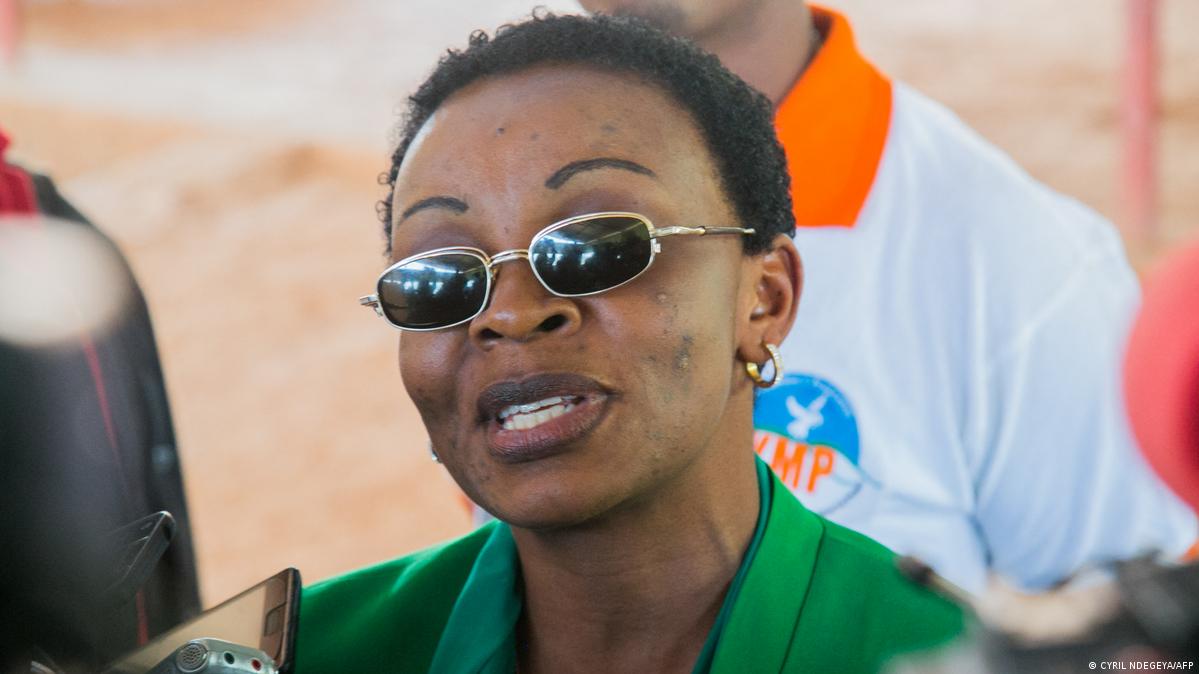
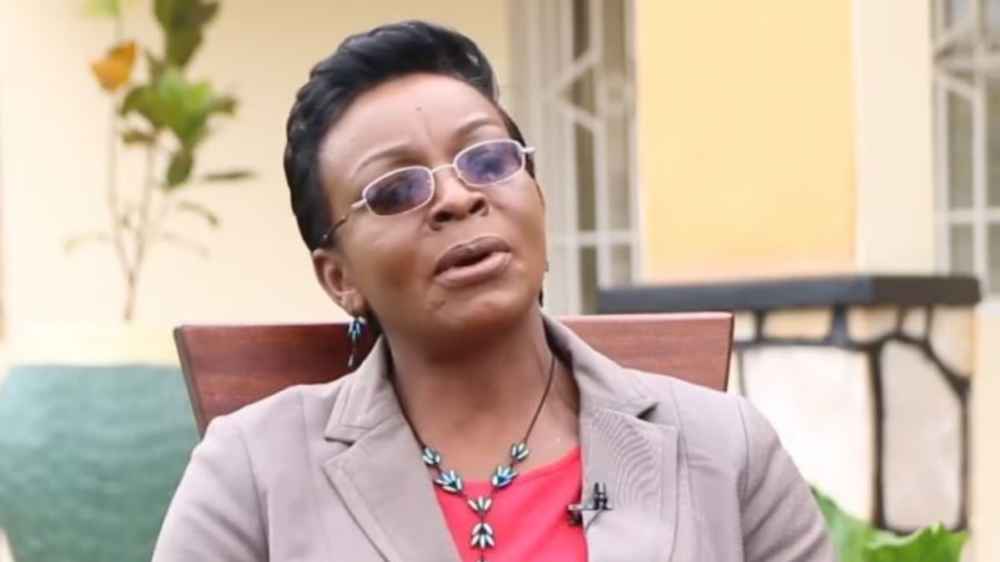

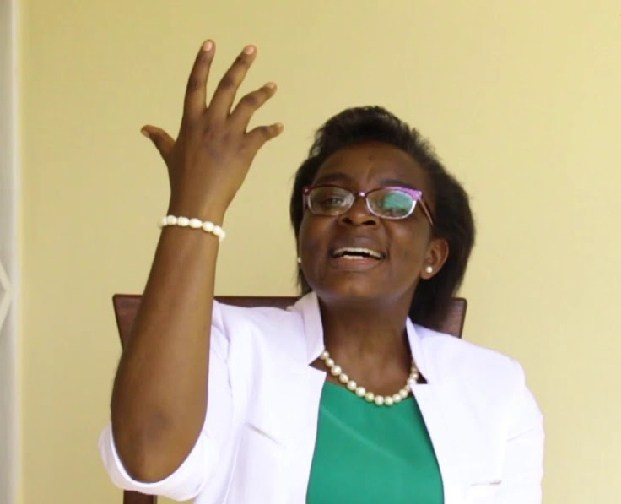
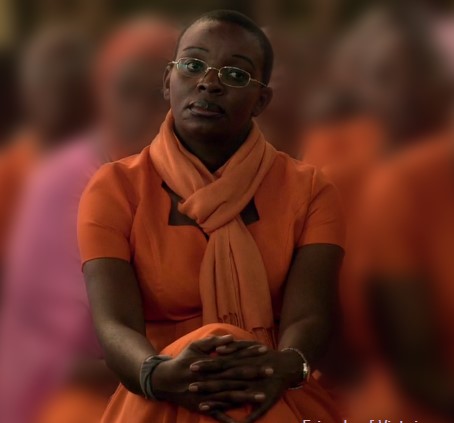
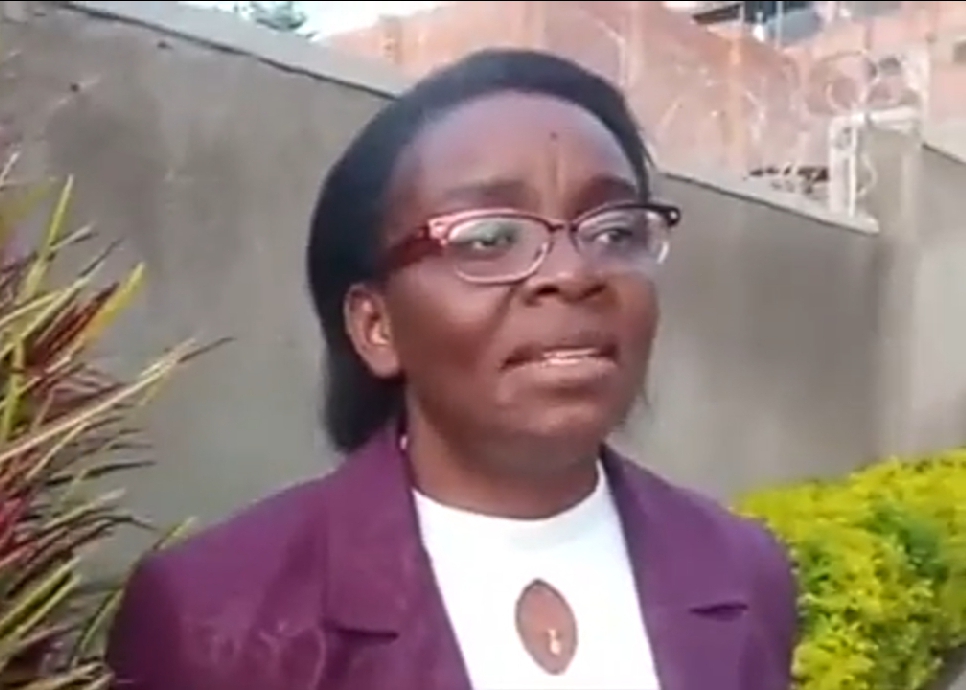
.jpg-20221102100150000000.jpg)
